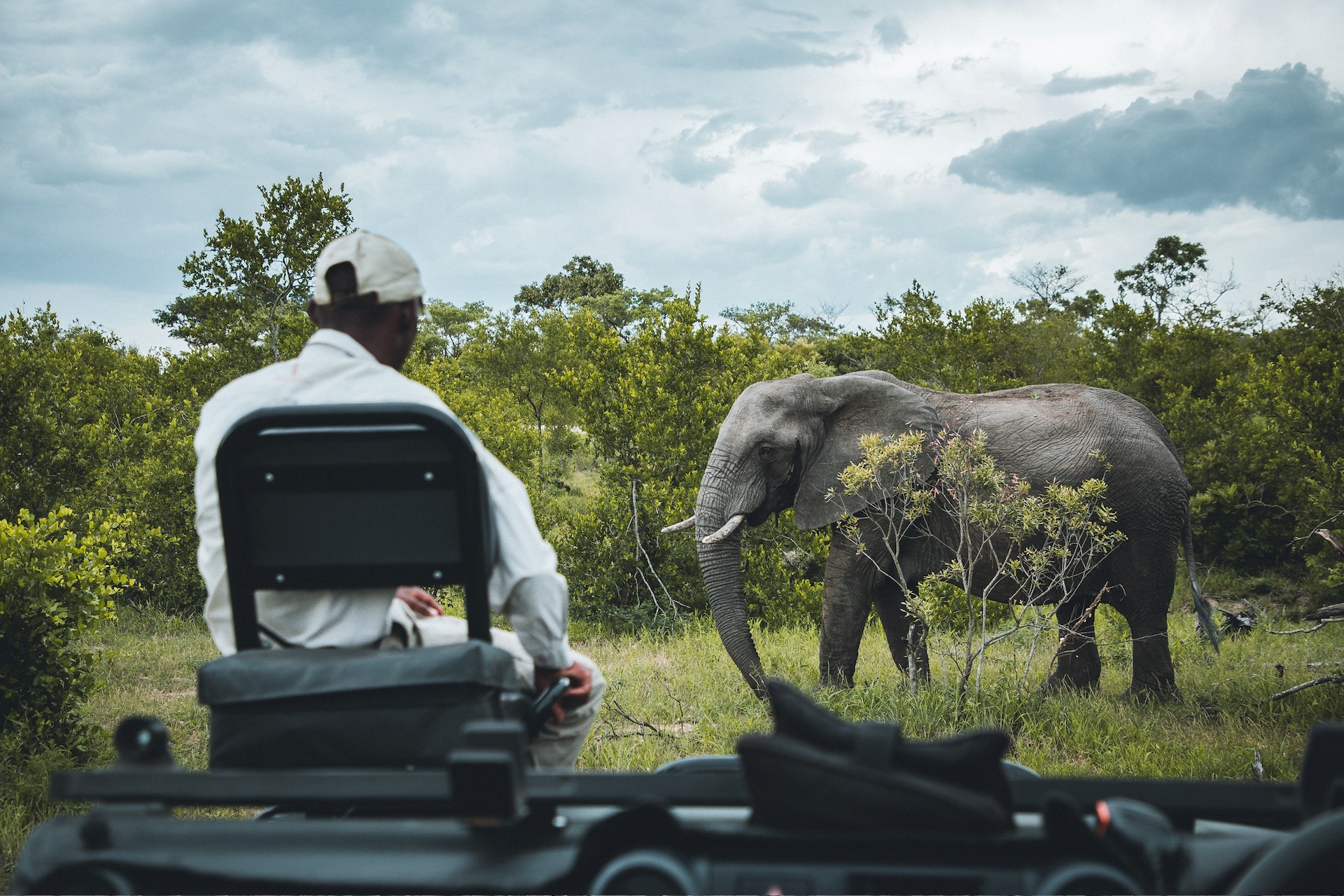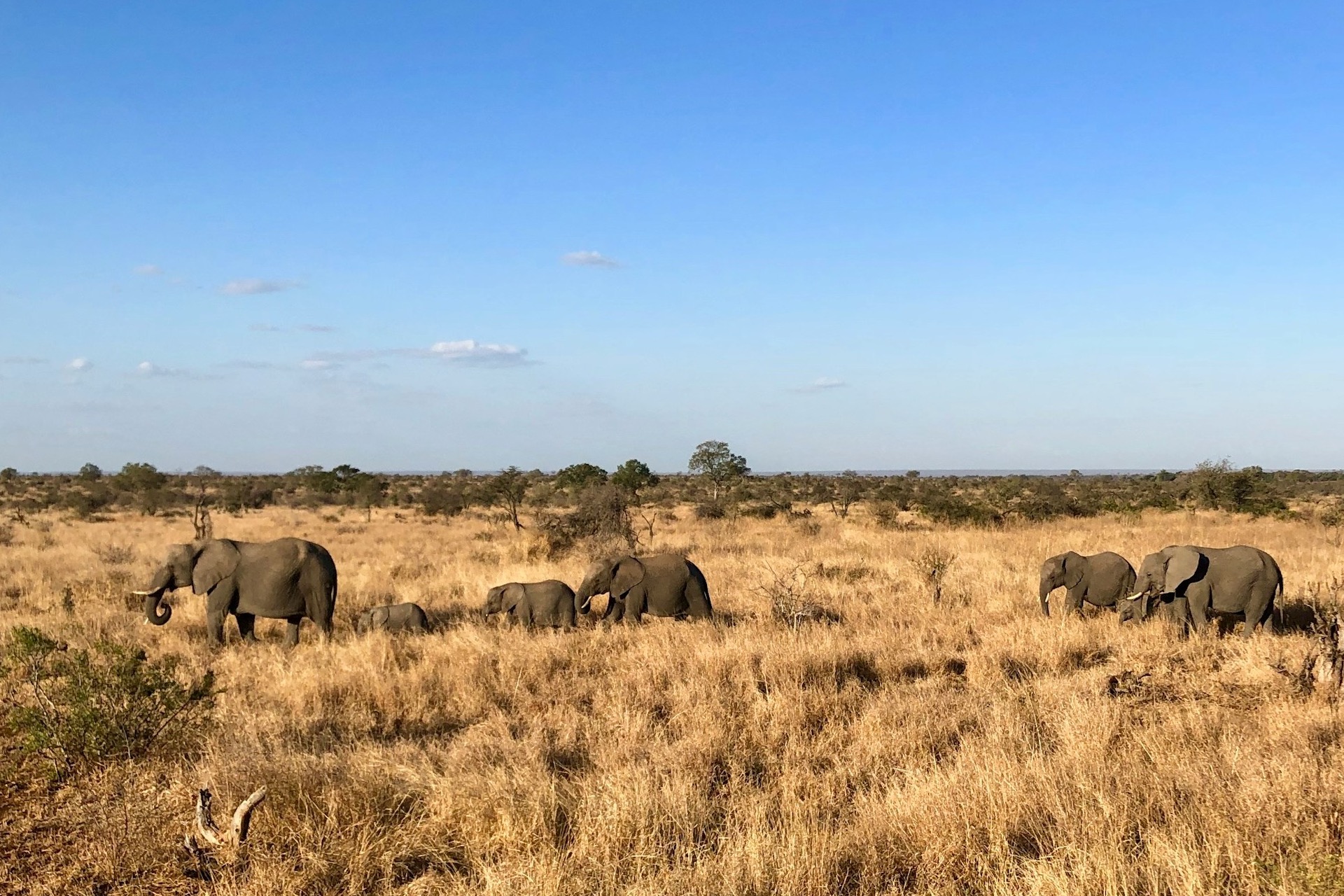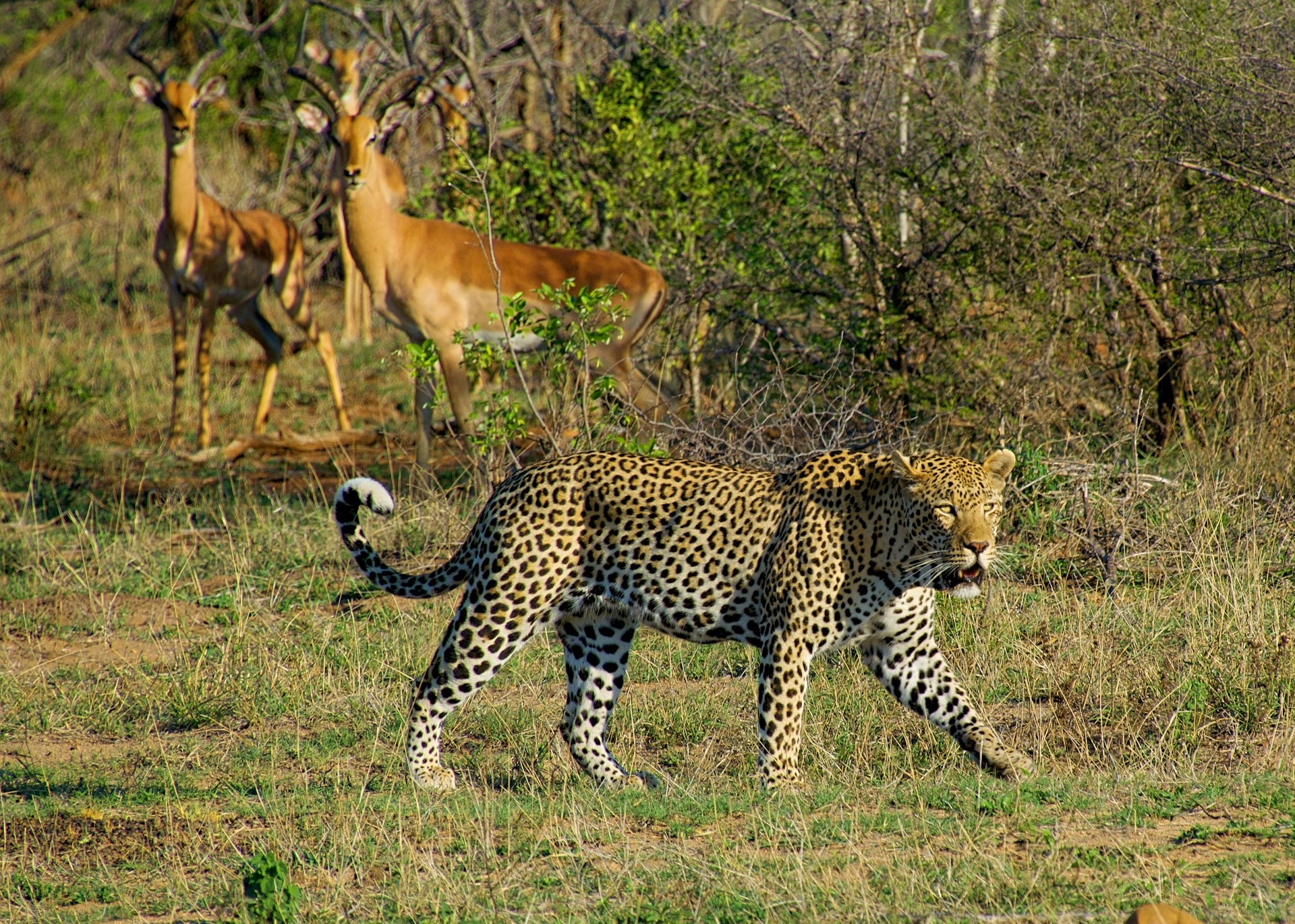Kruger National Park Weather Overview
Subtropical Bushveld Climate
Kruger National Park experiences a subtropical bushveld climate with distinct wet and dry seasons. Summer temperatures range from 20°C to 35°C (68°F to 95°F), while winter temperatures are mild, ranging from 5°C to 25°C (41°F to 77°F), making it an excellent safari destination year-round.
Weather Characteristics
The park experiences low humidity in winter and higher humidity in summer. Summer brings afternoon thunderstorms that provide spectacular lightning displays and cool the air. The dry winter months offer clear skies, excellent visibility for game viewing, and comfortable temperatures for safari activities.
Best Time for Safari
The dry season (May to September) is considered the best time for wildlife viewing as animals congregate around water sources and vegetation is sparse, making sightings easier. Summer (October to April) offers lush landscapes, baby animals, and excellent bird watching, though game viewing can be more challenging due to dense vegetation.


